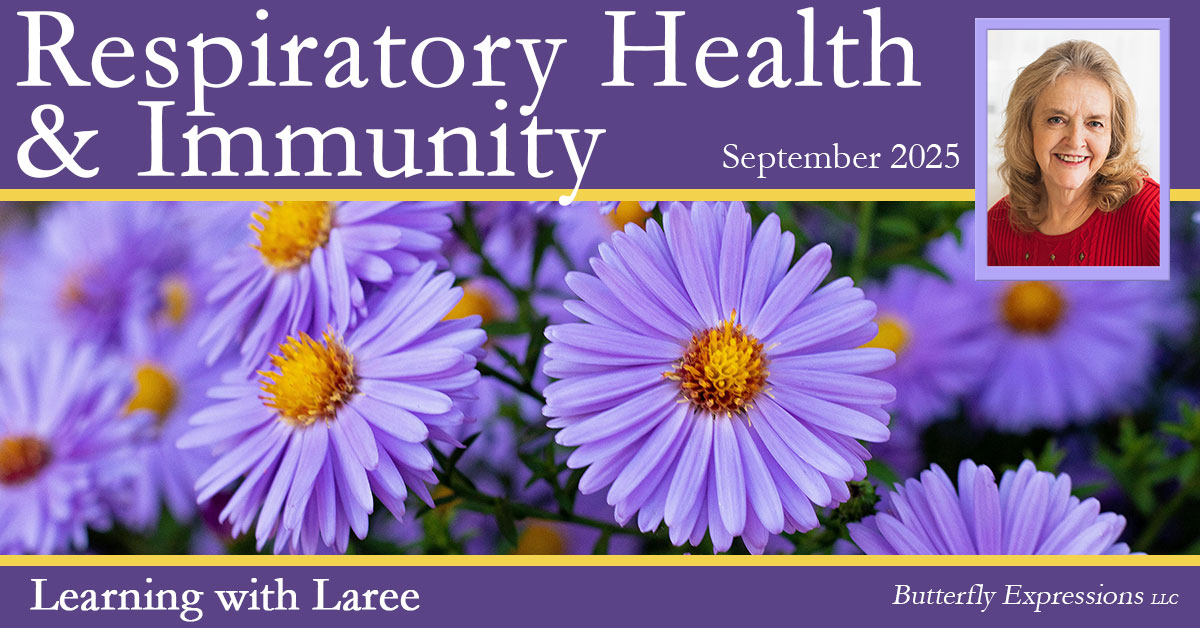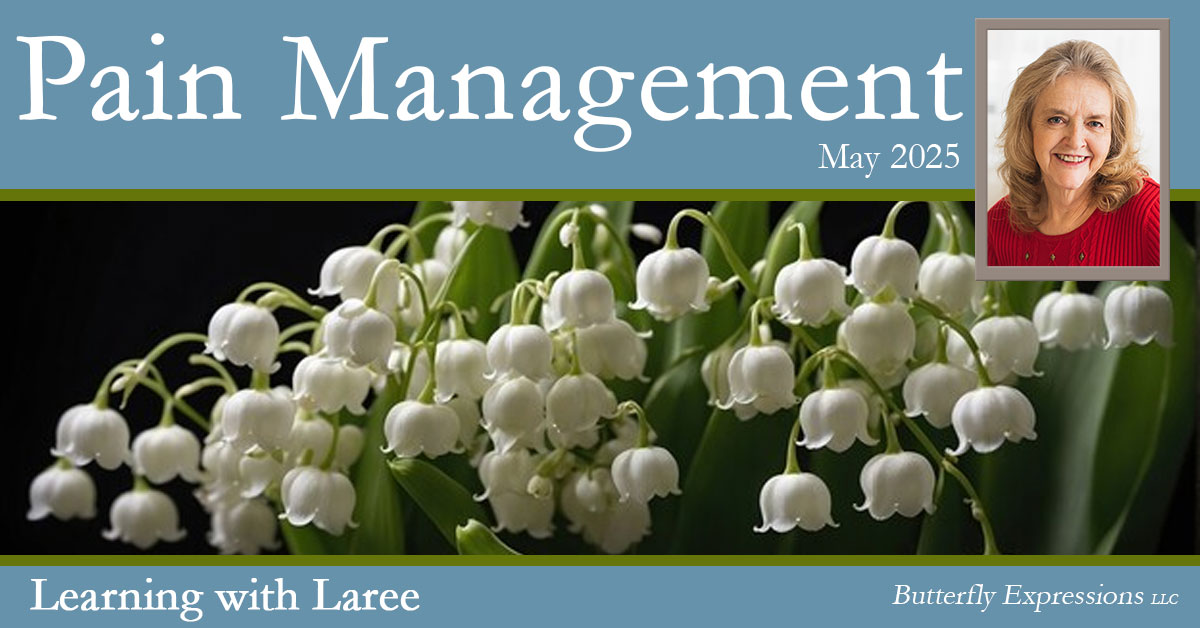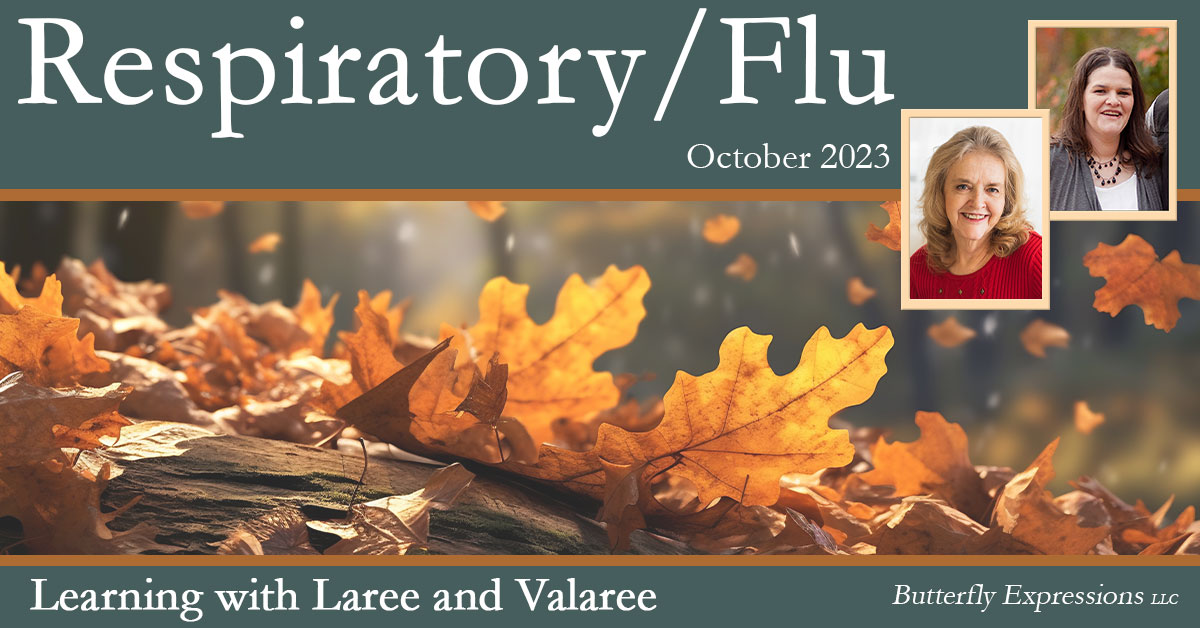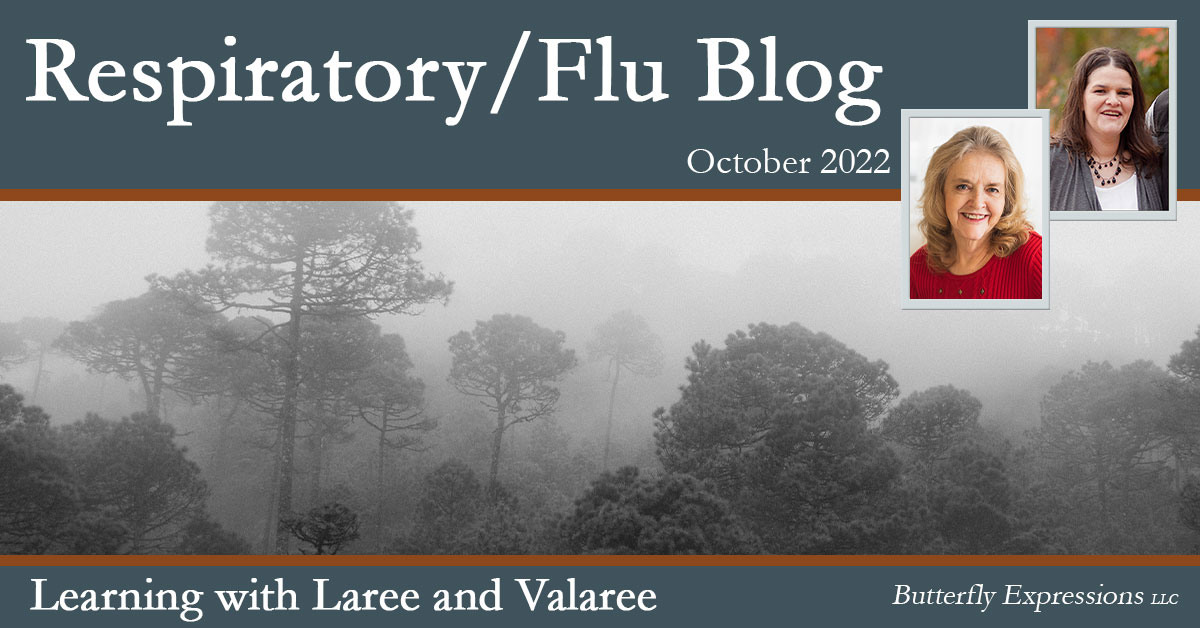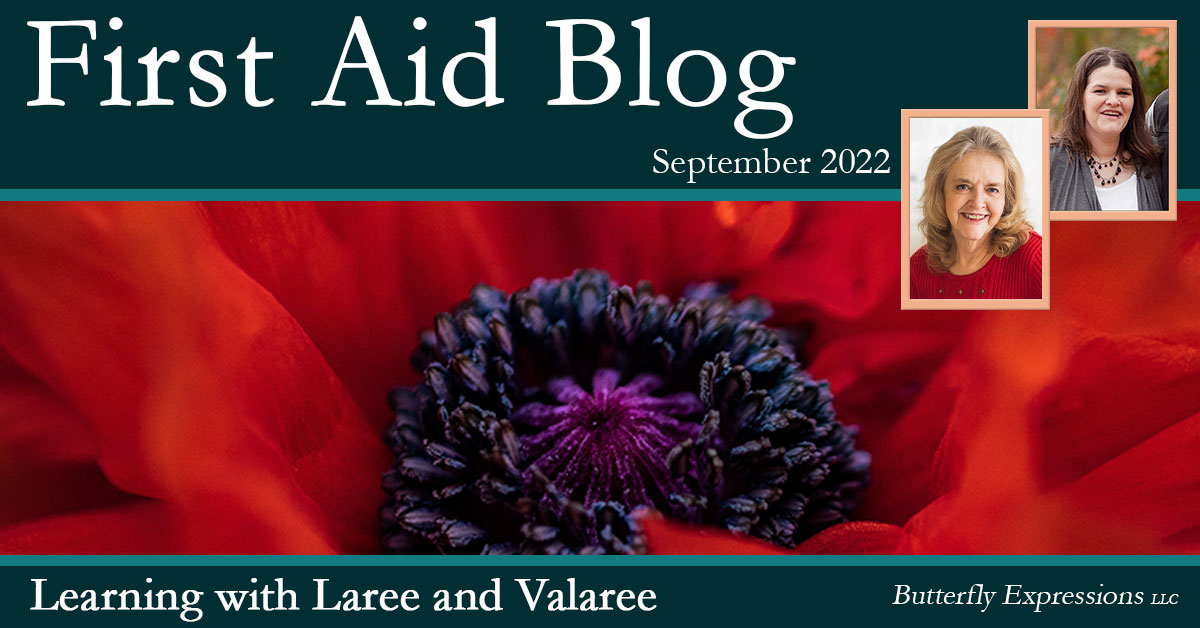this is a page for
Browsing Tag: expectorant
As fall rolls in and the air turns crisp, it also brings along an unwelcome guest—“sickness season.” Cooler weather means respiratory viruses and other illnesses tend to pop up more often. Kids in school are exposed to all kinds of germs (and generously share them at home). Plus, when it’s chilly outside, we spend more time indoors and closer to others, making it easier for germs to spread. To make matters worse, cooler temps and drier air create the perfect environment for viruses to stick around longer, both in the air and on surfaces.
The best way to stay healthy is to give your immune system a boost before sickness season kicks into high gear. That way, you can avoid, or at least lessen, the bugs that come your way. But life happens, and sometimes those best-laid plans don’t pan out. That’s where the products in this blog come in. They can help you stay well, bounce back faster, and make those symptoms a whole lot easier to handle.
Before we begin today’s discussion of essential oils, herbs, and Blessed Waters (homeopathics), I would like to provide a little bit of extraneous, but I feel quite necessary, information. I searched both the Butterfly Express and Butterfly Expressions sites and was disappointed to find that the information I have written and taught in various places over the years on the topic I am about to summarize briefly below is not to be found on either site. It doesn’t seem to be in any of the books I have written, either. (However, I made only a rudimentary search, so . . .) If this oversight is actually real, I intend to remedy the situation as soon as I can find a minute (or a few hours, as it will likely be).
Two key factors in understanding essential oils are recognizing the differences in healing properties among plant families and understanding how various parts of the same plant can offer different therapeutic benefits. It probably doesn’t surprise you that the medicinal properties of the conifer family (spruce trees, for example) are very different from the healing properties of the various herbaceous or ornamental plants (such as the Lauraceae, Labiate, Compositae, and Umbelliferae families).
Even within the same plant family, whether an essential oil has been created from the wood, the seed, the root, or the leaves, dramatically affects the healing properties of that essential oil, and does so to an incredible degree.
A well-built blend allows us to combine, synergistically, the benefits of several plant families as well as the healing capacities of various plant parts, all with the goal of increasing the capabilities of each single essential oil. Just as a chocolate cake is more pleasing—and tastes better—than the varying ingredients separately, an essential oil blend has the potential of being so much more than any of the single oil ingredients by themselves
Let’s keep this information in mind as we discuss various essential oil blends in the pages of this (and every) newsletter.
As I have said often and with emphasis over many years, “All drugs have side effects!”
As an introduction to this section on Alternative Pain Management, I am including parts of an “FDA Drug Safety Communication” issued on July 9, 2015. If you wish to read the entire communication (with pages of additional information for patients and consumers and even more information for Health Care Professionals along with a comprehensive Data Summary) I am providing the link to the FDA announcement itself on the U.S Food & Drug Administration’s web page.
This statement certainly is true of the drugs used for pain management, as is illustrated by these statements taken from the FDA website itself. The use of herbs, essential oils, and Blessed Water or Homeopathic remedies is an effective and safe way to manage pain.
An allergy is an inappropriate response by the body to a substance that is not harmful to most people. The immune system, which is supposed to protect us from toxins and pathogens, wrongly identifies a substance as harmful to us and goes into action. The response can be anywhere from mildly annoying to symptoms severe enough to create anaphylactic shock. These types of allergies may begin with only mild symptoms but grow worse with each reaction; they are NOT something that a person typically grows out of.
When I saw this month’s topic I got very excited. Allergies can be devastating and have a nasty effect on trying to live life and enjoy it! I had so many allergies—an unbelievable number and to a wide variety of substances—during my childhood and early adulthood. If it blew on the wind, if it was meant to be consumed in a raw or natural state such as watermelon or nearly every kind of vegetable or fruit, or if it was a drug of any sort—even such things as antibiotics, dental deadening, and mouthwashes—I was going to react to it in some uncomfortable or dangerous way. Oh, the list could go on and on! I spent my life either in misery from one allergy or another or I was sleepy from the allergy pills I was taking. Trips to the dentist’s office became scary for me and for the dentist! Eventually, I even started to react to allergy pills of every variety.
As with all true allergies, the reactions to many of my ‘triggers’ got worse with time—much worse, involving my heart in scary ways!
Who am I today as far as allergies are concerned? I have none and haven’t had for many years! I eat whatever I want. Do you have any idea how enjoyable a piece of watermelon or a raw carrot tastes these days? Or how fun it is to be outdoors. I don’t even worry about bee stings these days! If I feel the slightest itch in my throat or eyes or any other allergic-type reaction I simply go back to the things I know. Many of those things will be talked about in this article.
Side Note: Having had some scary reactions to antibiotics and other types of drugs in the past and having lived so many years without them, I can’t really say for sure whether they are still a problem or not. I suspect those allergies have also gone away. I took 2 antibiotic pills and 1 painkiller a while ago (the first of either in 40 years) after some extensive dental work. No reaction at all!
In October we will be talking about Respiratory and Flu. The flu season is already upon us so it is a good time to review the best essential oils, blessed waters, and herbal remedies to use when you are in the trenches of the flu. I am also excited to announce that there is a new product, Elderberry Nighttime, that I am sure you will love. Elderberry is well known for use with fevers and for strengthening the immune system. We have seen amazing results so far with Elderberry Nighttime helping people to sleep. Please take a few minutes and review what may help you and your family through the flu this year. See the full list of topics.
In May, we will be talking about KIDS AND ESSENTIAL OILS. Essential Oils are such a blessing in the lives of children — and in the lives of those who care for and love them! I can’t imagine raising my family without the blessings of essential oils and other natural remedies. This month we will be talking about some of my favorite oils, herbs, blessed waters, and more. See the full list of topics.
In October we will be talking about RESPIRATORY and FLU. As we head into the cold and flu season we thought it was important to review some go-to oils, herbs, and homeopathic that are worth having around this time of year. We have all been in the trenches of the flu ourselves and with our kids. I hope this blog makes any sickness that comes your way this season shorter and less intense. Please see the index at the bottom of the blog for a complete list of topics.
In September we will be talking about FIRST AID. We will cover a long list of minor things that Dr. Mom might deal with on a day to day basis. We will discuss cuts, burns, headaches, colds, diarrhea, allergy symptoms, anxiety, and so so so many more. Our discussion will include essential oils, herbs, minerals, and blessed waters. Please see the index at the bottom of the blog for a complete list of topics.

